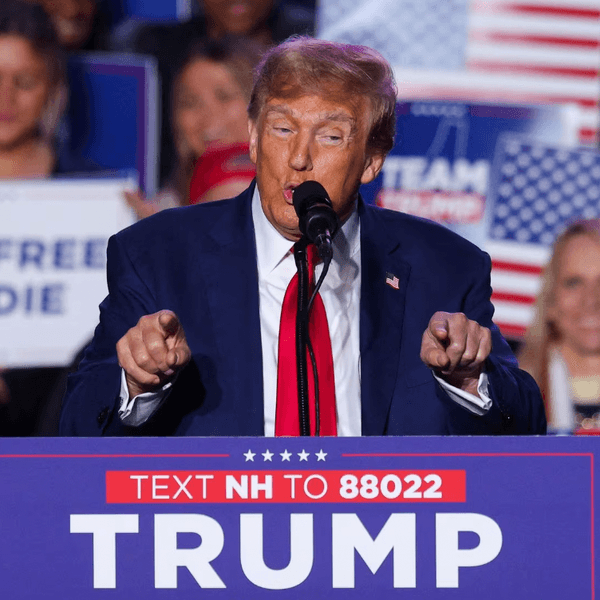
By Toluse Olorunnipa, Bloomberg News (TNS)
WASHINGTON –– The Obama administration moved to curb further interference with negotiations to limit Iran’s nuclear program, asking a U.S. senator to keep Congress on the sidelines until a deal is done.
In a letter sent Saturday to Senate Foreign Relations Committee Chairman Bob Corker, President Barack Obama’s chief of staff advised holding off on legislation that would grant lawmakers a more prominent role in the U.S.-Iran deal-making process.
“The legislation would likely have a profoundly negative impact on the ongoing negotiations,” Denis McDonough wrote. “This would complicate the possibility of achieving a peaceful resolution to the Iranian nuclear issue if legislative action is taken before a deal is completed.”
The rare attempt by lawmakers to put themselves in the middle of diplomatic negotiations boiled over last week when 47 congressional Republicans sent an open letter to Iran warning it against cutting a deal with diplomats from the U.S. and five other world powers aimed at keeping Iran from making nuclear weapons. Corker, who didn’t sign the letter, co-sponsored a proposal to give Congress the final say on any deal, accusing Obama of trying to sidestep the legislative branch.
Obama would veto the bill if it passes, McDonough said.
“The administration’s request to the Congress is simple: let us complete the negotiations before the Congress acts on legislation,” he wrote.
Corker said Congress should be able to take a vote on the deal before it is final.
“On this issue where Congress has played such a vital role, I believe it is very important that Congress appropriately weigh in before any final agreement is implemented,” he said in a statement responding to McDonough’s letter.
Corker, a Tennessee Republican, said he has picked up support from Democrats for his bill and has sought to preserve a veto-proof majority.
Senator Tim Kaine of Virginia, one of the Democratic co- sponsors of the bill, defended it Sunday during an appearance on NBC’s Meet the Press.
“All our bill does is sets up the process under which Congress reviews a deal,” he said. “This is a very bipartisan and deliberative approach to looking at something that is fundamentally about our nation’s security interests, and if they’re going to unwind congressional sanctions, Congress is going to be involved.”
Democrats supporting the proposal have vowed to wait until after the March 24 deadline for the talks before voting on it. Republicans have tried to advance the bill for a vote before the deadline.
In his letter, McDonough included assurances that Congress will have an opportunity to weigh in on the deal.
“We agree that Congress will have a role to play — and will have to take a vote — as part of any comprehensive deal,” he wrote. “As we have repeatedly said, even if a deal is reached, only Congress can terminate the existing Iran statutory sanctions.”
McDonough said Corker’s bill “would potentially prevent any deal from succeeding” by undermining U.S. negotiators and “emboldening Iranian hard-liners.” Part of the bill, which would restrict Obama’s ability to lift some sanctions on Iran, would make securing an agreement more difficult and alienate the U.S. from its international negotiating partners, he said.
––––
Clea Benson in Washington contributed to this report.
Photo: Denis McDonough addresses the U.S. Islamic World Forum on May 30, 2012. (U.S.-Islamic World Forum/Flickr)








